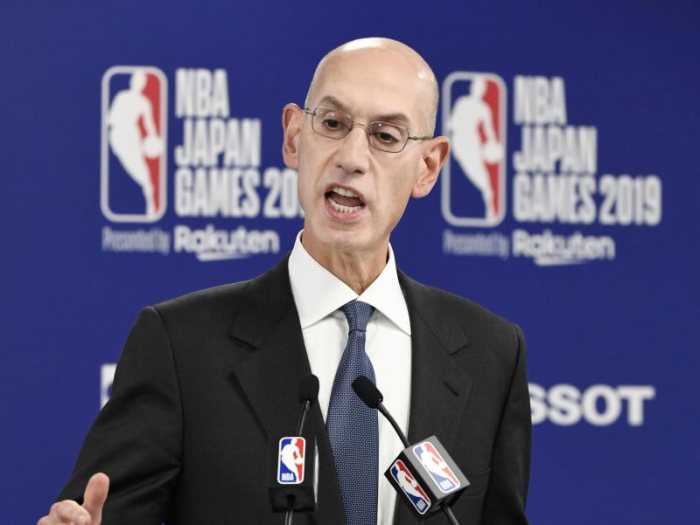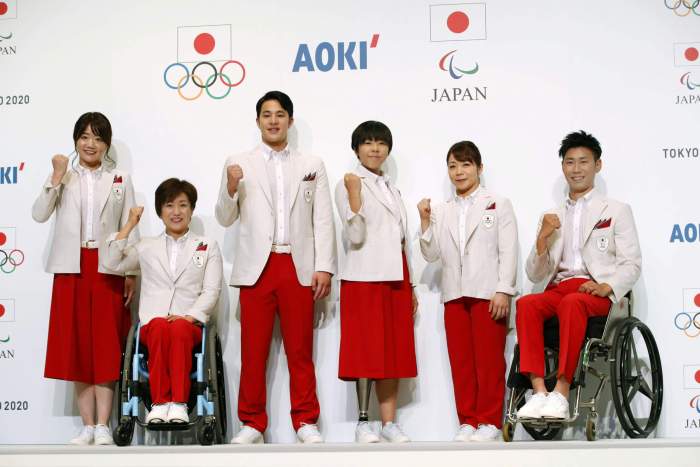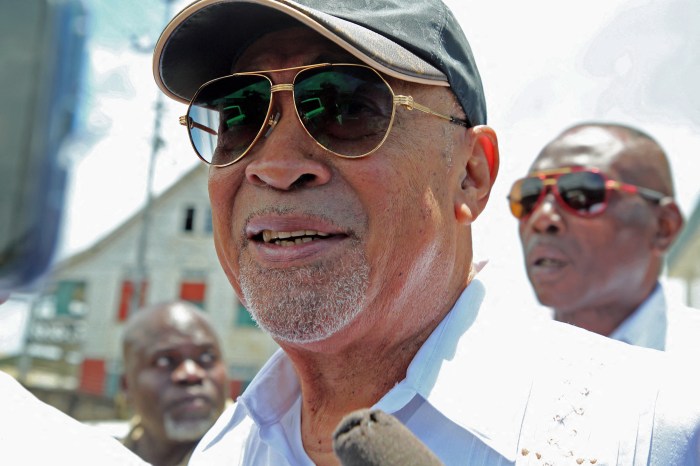By Leika Kihara and Yoshifumi Takemoto
TOKYO (Reuters) – Japan must brainstorm plans for dealing with canceled or postponed Tokyo Olympic Games, even if that is unlikely, said Shigeru Ishiba, a ruling party heavyweight seen as a leading candidate to be the next prime minister.
Ishiba, an outspoken critic of Prime Minister Shinzo Abe, said on Wednesday the fate of the Tokyo Olympics was a decision best left to the International Olympic Committee (IOC). He declined to comment on what the best move might be.
Whatever the decision, Japan must be prepared, he said.
“Not thinking about worst-case scenarios won’t eliminate the risk of them materializing,” Ishiba told Reuters.
“The government must start thinking now about what to do” in case the Olympics Games is canceled or postponed, he added.
Tokyo Governor Yuriko Koike said on Thursday there has been no change to plans for Japan to hold the Games starting July 24.
On economic policy, Ishiba said Japan must boost public works spending and offer cash payments to low-income households to revive the economy.
Such steps should not be part of a short-term package to deal with the coronavirus epidemic, but rather as a long-term plan to address rising inequality in Japan, he said.
He also criticized the Bank of Japan’s ultra-low interest rates for hurting regional banks, which play a key role in supporting smaller companies outside major cities.
“Having gone this far, an exit from ultra-loose monetary policy has become a very narrow one,” Ishiba said.
“But there’s really not much room to cut interest rates further,” he added, brushing aside calls for the central bank to ease further to prop up growth.
Ishiba has topped the list of lawmakers considered contenders to take over as premier when Abe’s term ends next year, but he has said little about economic policy.
His remarks underscore a contrast between Abe’s pro-business policies and those favored by Ishiba, who focuses more on distribution of wealth.
“Tax cuts and cash payouts will work, though they must target low-income households and smaller firms,” he said.
(This story corrects to recast attribution in lede.)
(Reporting by Leika Kihara and Yoshifumi Takemoto. Editing by Gerry Doyle)
























